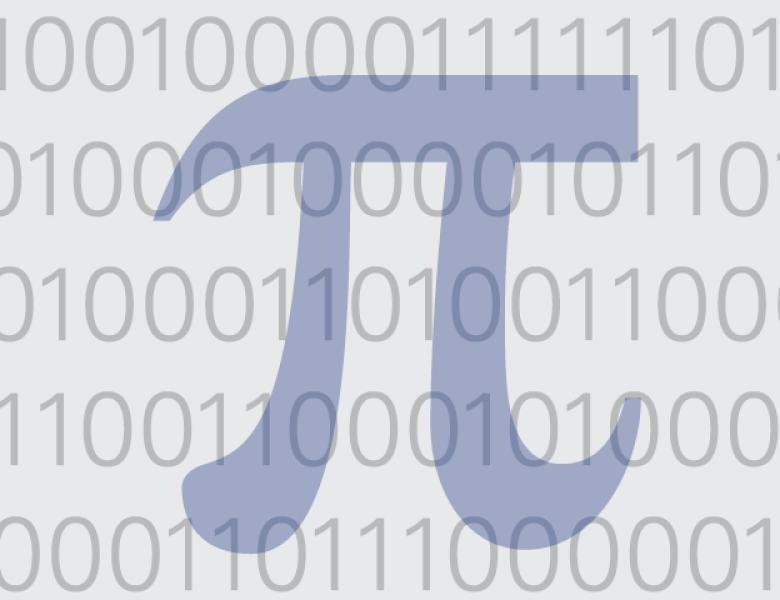
Abstract
The question of finding an epsilon-biased set with close to optimal support size, or, equivalently, finding an explicit binary code with distance $\frac{1-\eps}{2}$ and rate close to the Gilbert-Varshamov bound, attracted a lot of attention in recent decades. In this paper we solve the problem almost optimally and show an explicit $\eps$-biased set over $k$ bits with support size $O(\frac{k}{\eps^{2+o(1)}})$. This improves upon all previous explicit constructions which were in the order of $\frac{k^2}{\eps^2}$, $\frac{k}{\eps^3}$ or $\frac{k^{5/4}}{\eps^{5/2}}$. The result is close to the Gilbert-Varshamov bound which is $O(\frac{k}{\eps^2})$ and the lower bound which is $\Omega(\frac{k}{\eps^2 \logeps})$.
The main technical tool we use is bias amplification with the $s$-wide replacement product. The sum of two independent samples from an $\eps$-biased set is $\eps^2$ biased. Rozenman and Wigderson showed how to amplify the bias more economically by choosing two samples with an expander. Based on that they suggested a recursive
construction that achieves sample size $O(\frac{k}{\eps^4})$. We show that amplification with a long random walk over the $s$-wide replacement product reduces the bias almost optimally.


